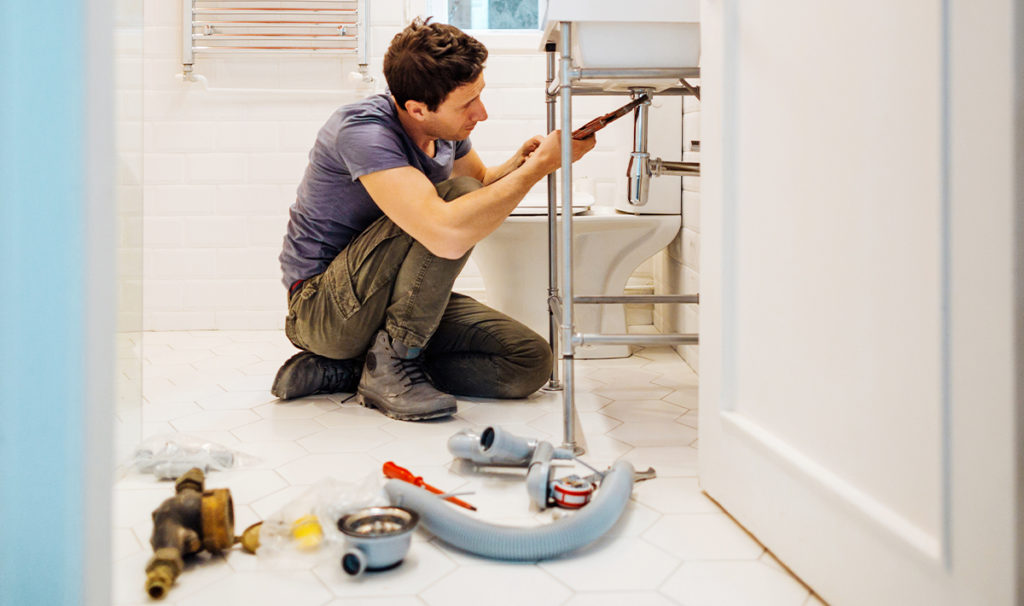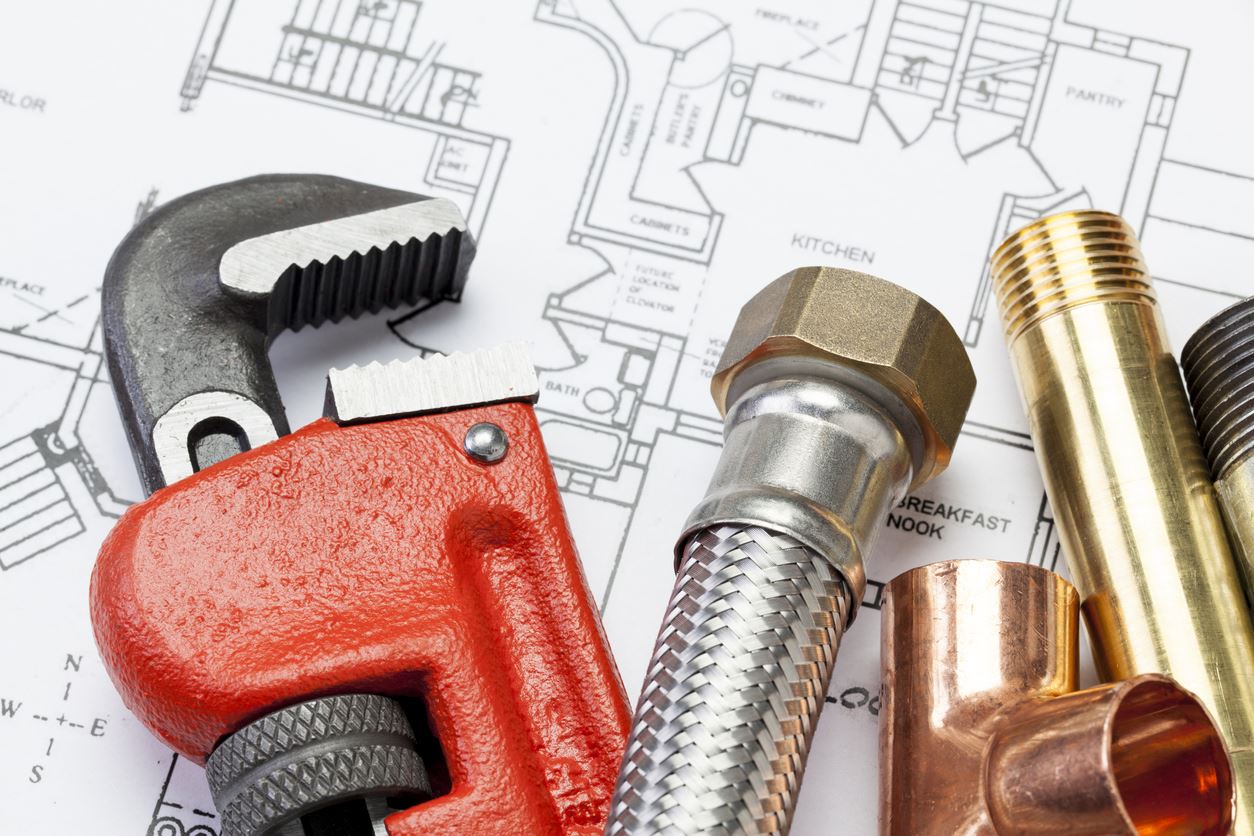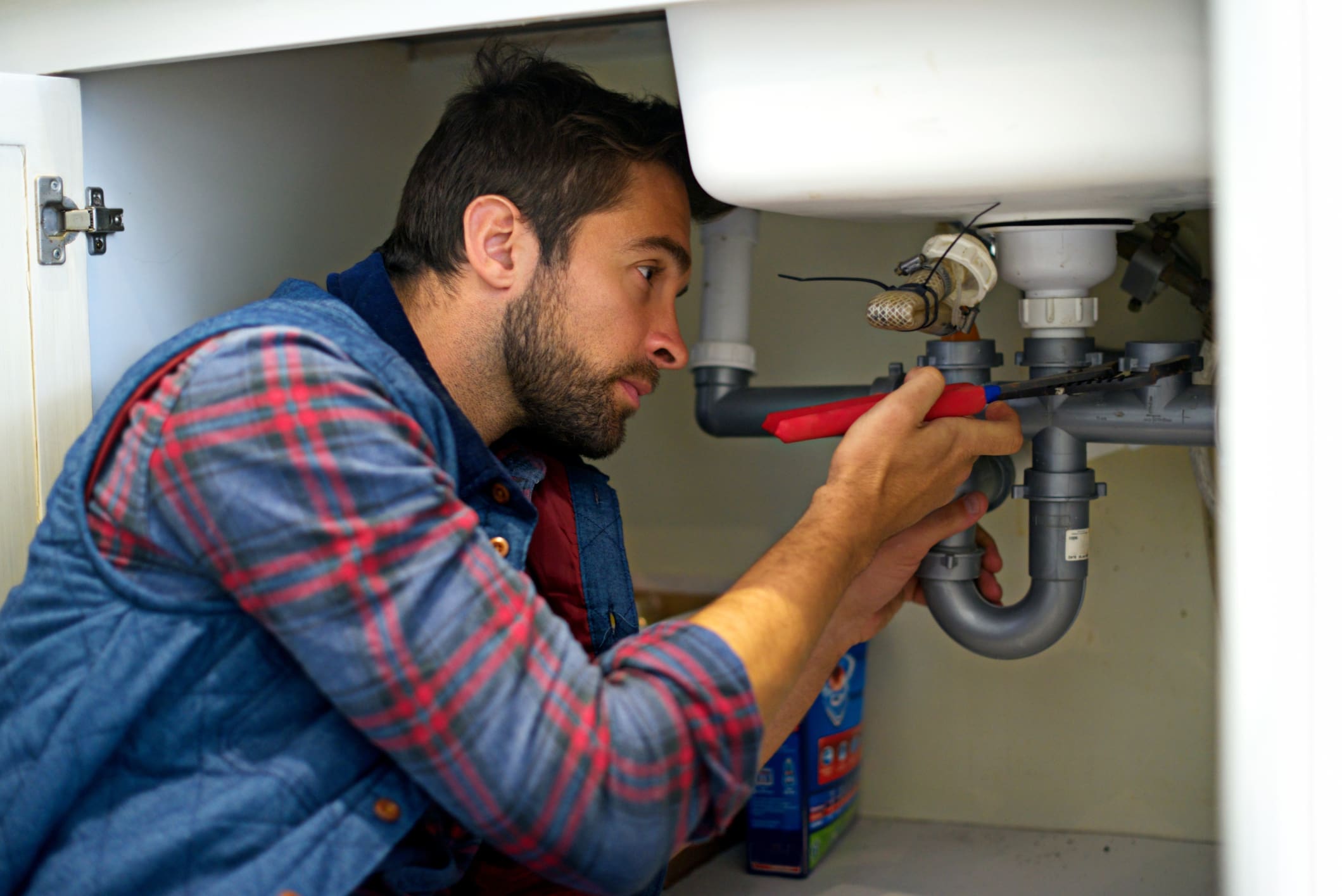All Categories
Featured

[/image][=video]
[/video]
However, prior to you hurry to call a plumbing or make some negative do it yourself choice, you may want to take a look at these pipes secrets that can conserve you money and time. It is necessary to know where you water turned off valve remains in your home, as this can conserve you from even more significant damage when plumbing problems occur.
When whatever is shut off, have a look at your water meter. If the meter remains to move, it's likely that you have a leak someplace in your system. This method won't tell you where the leakage comes from, but it's a great very first action toward recognizing an issue. An ongoing movement on your water meter when all water resources are shut off is a clear red flag that needs immediate attention.
Slow drains are often an early caution sign of a larger problem. It could show a clog in the making, a problem with your drain line, or perhaps tree roots infiltrating your pipelines. Instead of awaiting the drainpipe to end up being totally blocked, take activity as quickly as you observe a downturn.

If these do not function, it may be time to employ a specialist. Disregarding the concern might lead to much more significant and pricey problems down the line. Recognizing where your major water shutoff valve is can save you from prospective water damages in situation of a significant leak or plumbing catastrophe.
Is Diy Plumbing Safe?
Make certain every family adult understands where the shutoff valve is and just how to utilize it. In case of a severe leak, quickly switching off your home's water supply can reduce damages and provide you assurance while you wait on a plumbing technician to get here. It's a prominent idea that chemical drainpipe cleaners are the supreme solution for clogged up drains an idea that could not be even more from the truth.
The chemicals can corrode the internal lining of the pipes, leading to weakened frameworks, leaks, and even pipeline bursts. They can seep right into groundwater and pollute it, posing dangers to regional communities.
These devices can successfully clear clogs without causing any type of damage to your pipelines. If these methods do not work, do not think twice to call a professional. Bear in mind that avoidance is constantly much better than cure. Avoid putting grease, oil, or any solid waste down your drains, as they can strengthen and cause clogs.

However, over-tightening can result in lots of problems, including stripped screws and broken bolts, causing leaks or even water damage. This common error in do it yourself plumbing jobs can turn a minor fixing right into a costly undertaking. Rather, pursue a snug fit. The fitting need to be tight adequate to stop leakages however not so limited that it places undue stress on the equipment.
Is Diy Plumbing Safe?
Plumbing's tape, or Teflon or thread seal tape, is a must-have tool for every property owner. It produces watertight seals at pipe strings, avoiding leaks at joints and connections.

Before attaching any kind of installations, take a moment to wrap a few layers of plumbing professional's tape around the strings in a clockwise instructions. See to it the tape covers all the threads and is covered securely. This basic yet essential step can save you from dealing with bothersome leaks down the line.
Remember that for bigger problems, expert assistance is always advised. To avoid this from happening, think about setting up pipe insulation.
And also, throughout colder months, pipe insulation can aid stop your pipelines from freezing and rupturing a scenario that can bring about expensive repair work. When it involves sealing components like faucets, many do it yourself lovers instinctively get to for a plumbing technician's putty. Yet there's a choice that may offer you better silicone caulk.
Should I Do My Own Plumbing?
This versatility allows it to suit slight shifts or motions without breaking the seal, giving a much more sturdy and durable service. Simply bear in mind to allow the caulk remedy completely according to the supplier's guidelines prior to exposing it to water to make certain the best results. "Doping" in plumbing refers to using pipe dope, or pipeline joint substance, to the strings of plumbing links before they're screwed with each other.
Latest Posts
The smart Trick of Identity Protection Tools That Nobody is Talking About
The Ultimate Guide To Identity Protection Tools
The Best Guide To Identity Protection Tools